Advertisement
Our environment is fast changing under artificial intelligence (AI). Many sectors are seeing its increasing acceptance. From banking to healthcare, artificial intelligence is changing company operations. Official organizations all around are also beginning to control this very potent technology. But how are these two forces—adoption and regulation—defining the direction of artificial intelligence? The future success of artificial intelligence depends on the harmony of its two features.
How we welcome artificial intelligence and establish guidelines for it will decide how it affects people, companies, and society going ahead. The state of artificial intelligence is discussed in this article, together with its extensive application and the developing rules to guarantee responsible use of this tool. Let's examine closely how worldwide adoption and regulation are impacting artificial intelligence both now and in the next years.
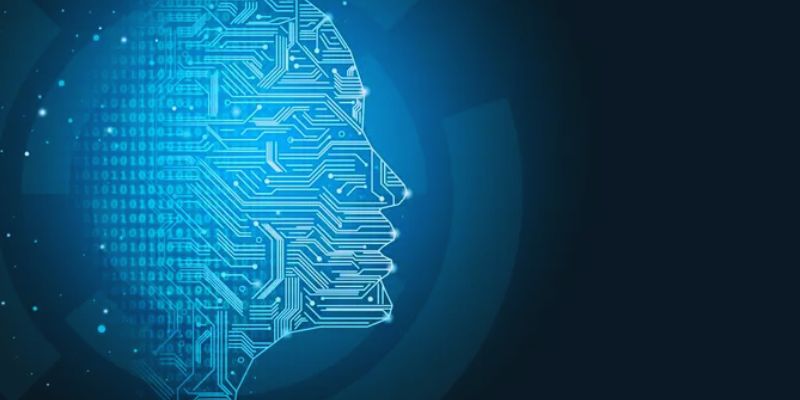
The adoption of artificial intelligence has sped through several sectors, changing company processes. Businesses are adding artificial intelligence into their processes to improve effectiveness and automate menial duties so free staff members may concentrate on more strategic work. AI tools, for example, enable companies to handle massive data collections and offer insights that guide better decisions. AI is increasingly important in healthcare for diagnosis since it helps clinicians more precisely find ailments than conventional techniques.
AI enables faster, more accurate assessments in finance by helping with risk management and fraud detection. Public sectors—especially in transportation—are also experiencing artificial intelligence integration. AI-powered autonomous cars have the potential to drastically lower traffic accidents, thus improving travel safety. By providing individualized learning routes for pupils, artificial intelligence is changing educational experiences.
Driving invention and increasing production, artificial intelligence is becoming more and more crucial for the global economy. New employment in AI development, data analysis, and automation are arising as acceptance of artificial intelligence spreads. Still, it also begs questions about job displacement, particularly in industries mostly dependent on physical labor. AI can replace jobs usually performed by humans, simplify processes, and improve efficiency. This double influence of artificial intelligence calls for adaptability.
For fresh prospects in AI-related sectors, workers will have to reskill. Those nations that make significant investments in artificial intelligence infrastructure are establishing themselves as global economic leaders. Nations leading in AI research and development get a competitive edge since AI is improving production. They build a more vibrant, efficient economy.
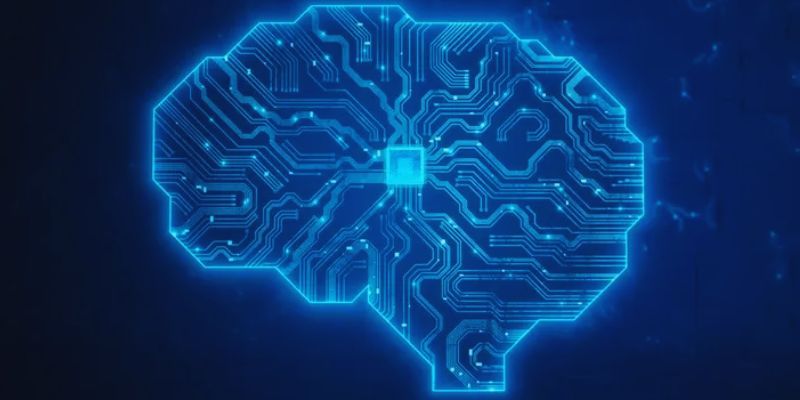
The adoption of artificial intelligence offers various issues that need to be resolved, even if its many advantages are undeniable. The possible bias in AI systems is one of the main worries. AI algorithms educated on biased data might thereby reinforce and even magnify existing prejudices, thus producing unjust results. In fields including recruiting, law enforcement, and financing, where biased judgments can have major effects on people, this is especially troubling.
Avoiding these problems mostly depends on making sure AI systems are fair, open, and responsible. Furthermore, the emergence of artificial intelligence fuels worries about job displacement since automation can make some positions useless. While artificial intelligence generates new employment, the shift for displaced workers might prove difficult. To enable employees to fit the AI-driven economy, reskilling projects and upskill programs are absolutely vital.
The need for regulation has become increasingly urgent as artificial intelligence develops. Policies and rules all around are starting to implement to direct artificial intelligence growth and guarantee responsible use. Particularly in high-risk industries like healthcare, finance, and law enforcement, these rules seek to handle several ethical issues, including openness, fairness, and responsibility. The European Union has taken the initiative in proposing rules that require AI systems to be explainable and non-discriminatory.
Such steps seek to shield people against possibly biased or negative choices taken by artificial intelligence. Still, controlling artificial intelligence requires careful balancing. Too much control could discourage creativity, therefore impeding the progress of artificial intelligence technologies. On the other hand, inadequate control might allow artificial intelligence to be used in ways that would damage society.
Global in nature, artificial intelligence development calls for international cooperation to guarantee fair distribution of its advantages across borders. Nations must cooperate to create shared norms, rules, and ethical principles as the fast development of artificial intelligence technologies calls for it. Global agreements can help to stop the fragmentation of AI rules, therefore posing problems for companies with worldwide operations. Already in talks to build common AI frameworks are international bodies such as the G7 and G20.
These conversations center on bringing laws into line with basic human rights values so that artificial intelligence upholds privacy and advances justice. Cooperation between nations also enables the sharing of best practices, therefore helping smaller countries to gain from the knowledge of AI leaders. Nations can work together to ensure that AI is developed and used for the benefit of all humanity.
Affected by their different interests and concerns, different parts of the world are approaching artificial intelligence control in different ways. Its thorough Artificial Intelligence Act is meant to provide tight guidelines for high-risk AI uses. The European Union is sometimes regarded as a forerunner in artificial intelligence regulation. The EU's strategy centers on making sure artificial intelligence systems uphold fundamental rights that are open and nonjudicial.
It also underlines how important artificial intelligence must be explainable, particularly in delicate fields like law enforcement and healthcare. Meanwhile, the United States has taken a more flexible approach, without a single federal AI law. Rather, rules tailored to a sector control artificial intelligence in fields including banking, healthcare, and autonomous cars. While still addressing privacy issues, the U.S. legislative system emphasizes fostering invention.
Artificial intelligence's fate rests on the balance between acceptance and control. Unquestionably, artificial intelligence is benefiting sectors and the world economy as it keeps changing them. To guarantee appropriate use, though, issues including racism, employment displacement, and ethical questions call for thorough regulation. Working together, and international organizations should create systems that support innovation while safeguarding personal liberties. AI can be used to assist society as a whole by encouraging cooperation and ethical standards. Therefore, it is important to guide a future in which technology propels development without sacrificing justice or security.
Advertisement

Perplexity AI is an AI-powered search tool that gives clear, smart answers instead of just links. Here’s why it might be better than Google for your everyday questions
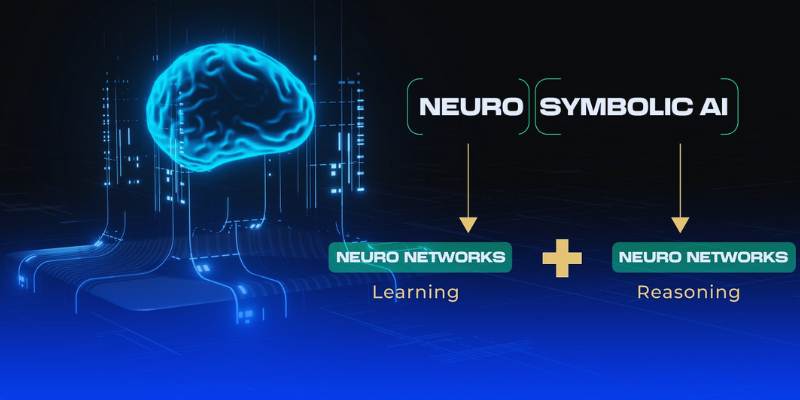
Neuro-symbolic AI blends neural learning and symbolic reasoning to create smarter, adaptable systems for a more efficient future
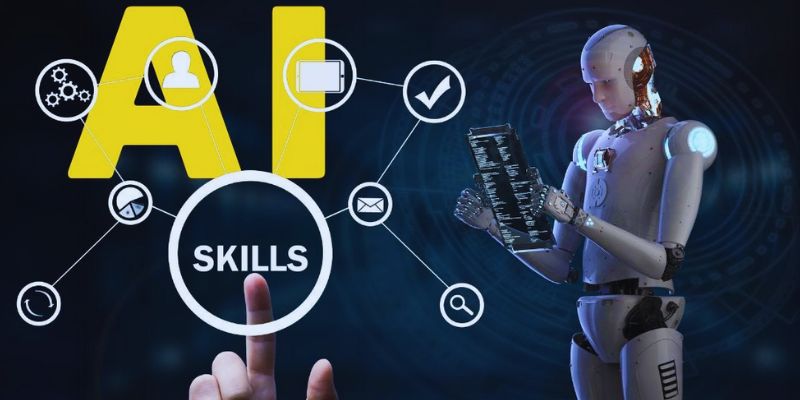
Learn about essential AI skills for network professionals to boost careers, improve efficiency, and stay future-ready in tech

Discover how AI transforms financial services by enhancing fraud detection, automating tasks, and improving decision-making
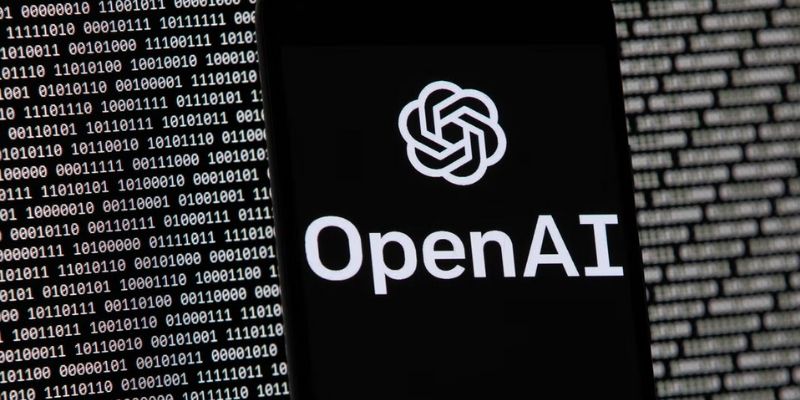
Discover ChatGPT AI search engine and OpenAI search engine features for smarter, faster, and clearer online search results

Still puzzled by self in Python classes? Learn how self connects objects to their attributes and methods, and why it’s a key part of writing clean code
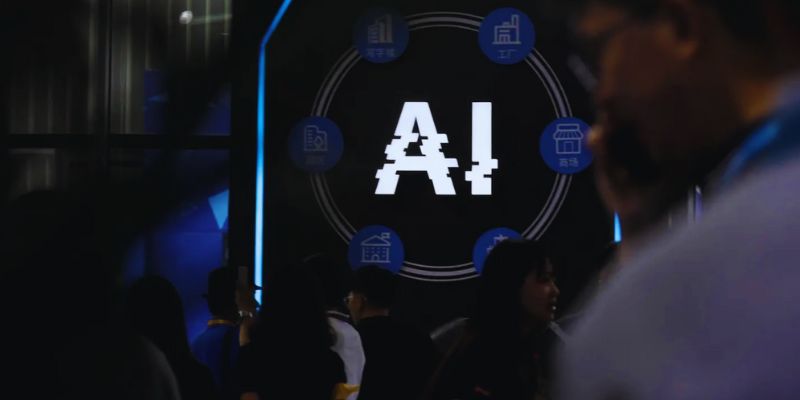
Understand how global AI adoption and regulation are shaping its future, balancing innovation with ethical considerations
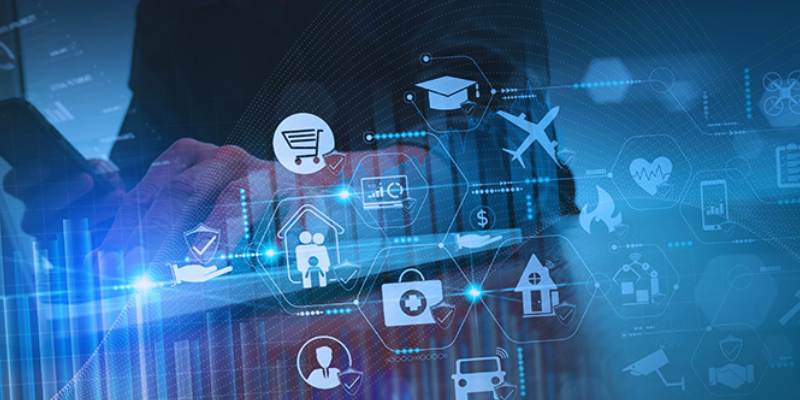
Learn how Automated Machine Learning is transforming the insurance industry with improved efficiency, accuracy, and cost savings
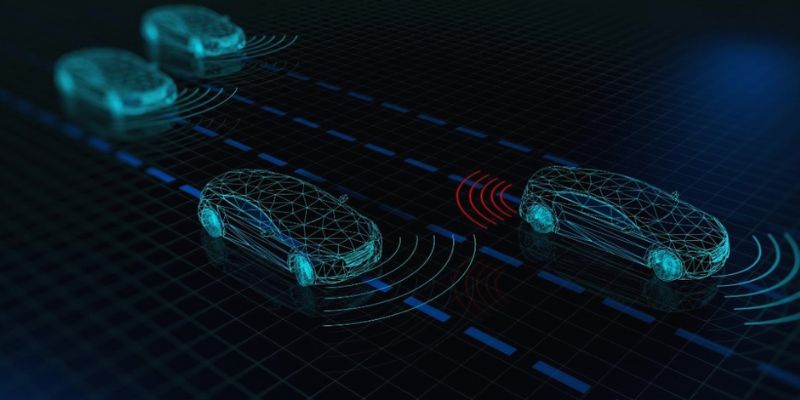
Explore edge computing in autonomous vehicles and real-time data in coffee shops powering smart edge technology applications

Discover how to turn simple data into eye-catching 3D pie charts. This guide shows you easy steps, smart design tips, and when to use 3D for maximum impact
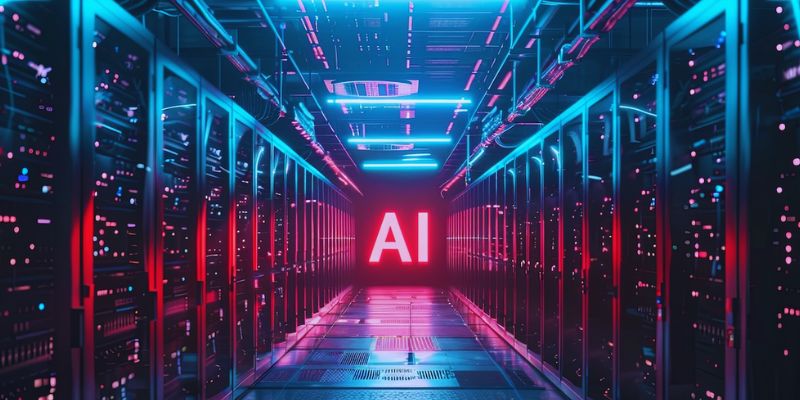
Learn how rising AI use affects data centers, energy, water, and the environment—and what solutions can reduce its impact today

Find out why Claude 3.5 Sonnet feels faster, clearer, and more human than other AI models. A refreshing upgrade for writing, coding, and creative work